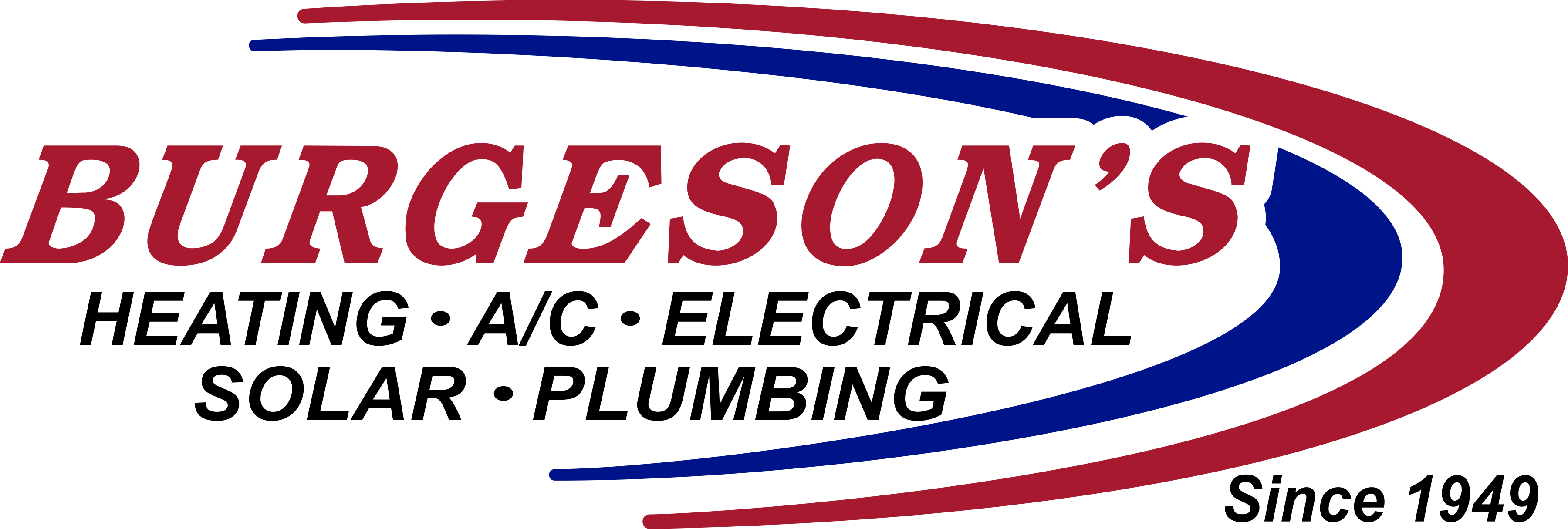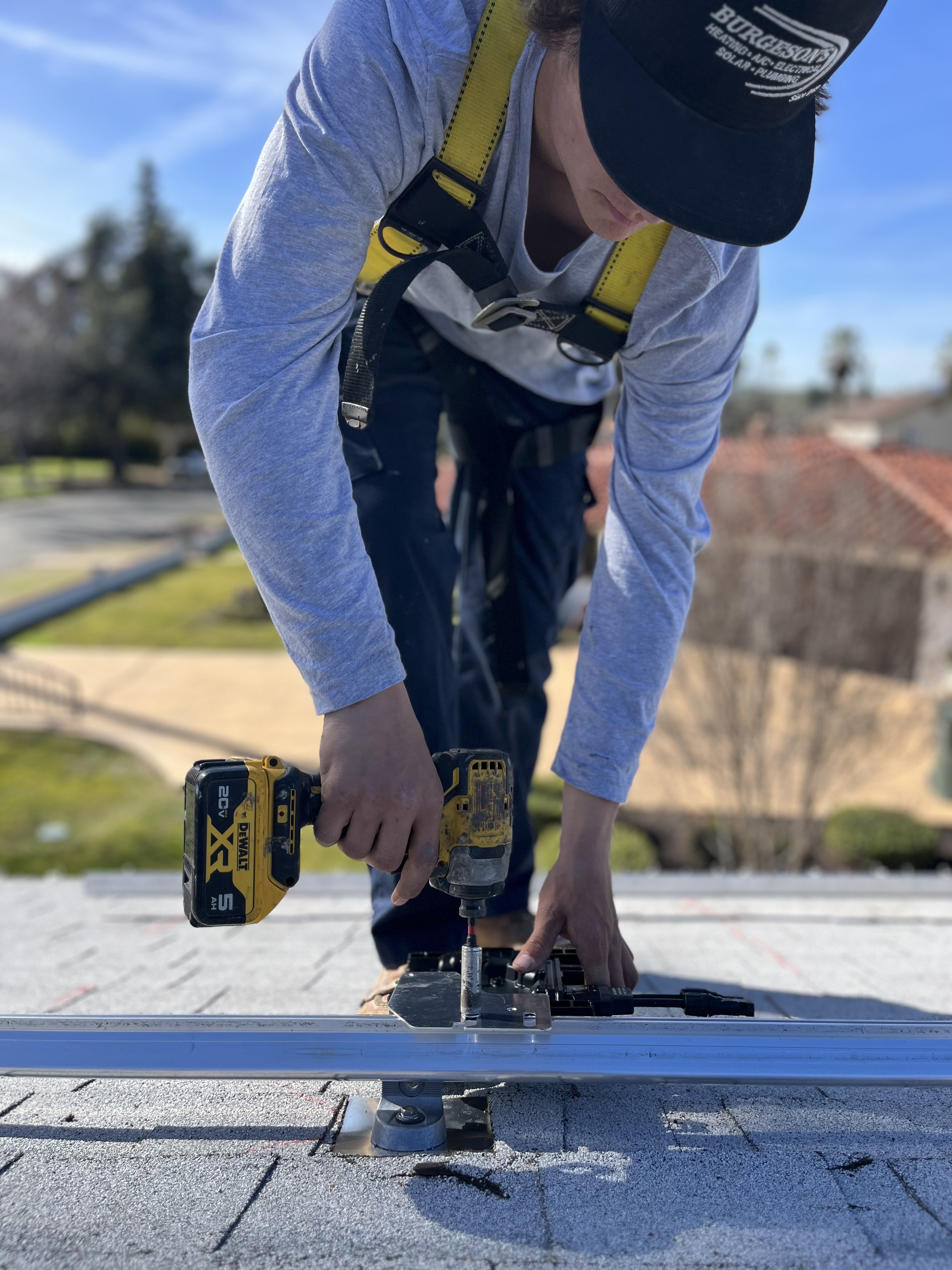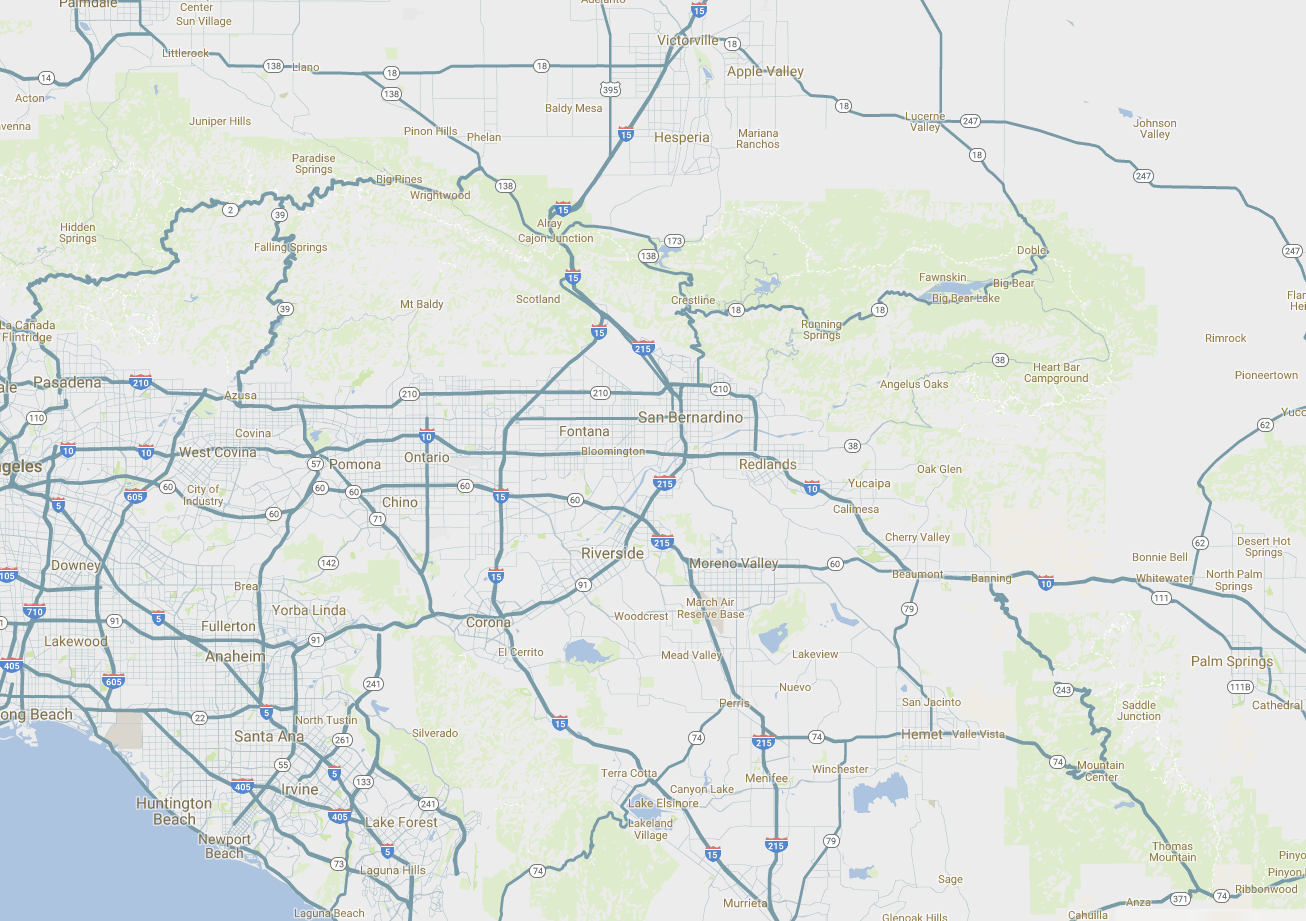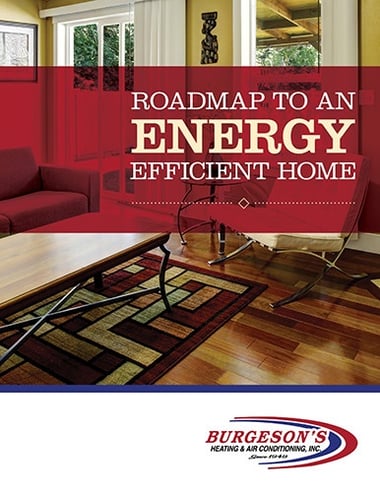Everything You Need to Know About Leasing Solar Panels in California
With growing concerns about climate change, more and more people are turning to solar power to reduce their carbon footprint. If you're a California homeowner considering going solar, you've probably weighed the pros and cons of buying versus leasing solar panels. While purchasing panels offers long-term savings and ownership, leasing can be a great choice if you prefer to avoid upfront costs. At Burgeson’s, our expert electrical and solar team is here to help you make the right choice for your home, whether leasing or buying is the best fit for your needs.
While purchasing options, such as cash purchases or solar loans, offer potential long-term benefits, the appeal of zero upfront costs through solar leases has attracted over 40% of consumers in developed markets to opt for third-party ownership.
This article examines leasing solar panels mechanics, advantages, and disadvantages. Despite the immediate savings and predictable payments that solar leases offer, this discussion emphasizes why purchasing panels is often a superior choice. Our analysis will guide you in determining which leasing solar panels & how many options align best with your financial and environmental goals. To get personalized advice on which solar option is best for you, contact Burgeson’s expert team for a consultation.
WHAT IS SOLAR PANEL LEASING | DISCOVER SOLAR INSURANCE?
Solar panel leasing is an arrangement that allows homeowners to use solar panels installed on their property without purchasing them outright. Instead, a solar company owns the panels and leases them to the homeowner for a set period, typically ranging from 10 to 25 years. During this time, the homeowner pays a monthly lease fee, often lower than their previous electricity bill.
LEASING VS BUYING SOLAR PANELS | UNDERSTAND THE MAIN POINT
When contemplating a switch to solar energy, homeowners often find themselves at a crossroads: Should they buy or lease their solar panels? Both options have unique advantages and can suit different financial and personal preferences. Burgeson’s expert solar team is ready to guide you through this decision, ensuring that you choose the best solar panel leasing option for your home.
LEASING SOLAR PANELS
Leasing solar panels allows homeowners to enjoy a new solar installation without the burden of a loan or large upfront payment. A third-party lessor finances the entire project. At Burgeson’s we ensure that your leased system runs efficiently and provides you with clean, renewable energy.
BUYING SOLAR PANELS
Buying solar panels offers the advantage of ownership, turning the system into an asset that can increase property value. Research consistently shows that homes with solar installations tend to have higher resale values compared to those without. Furthermore, ownership provides access to various financial incentives, including the Federal Solar Investment Tax Credit (ITC), which offers a 30% deduction on installation costs from federal taxes. These benefits go directly to the homeowner, making purchasing more financially rewarding over time. Burgeson’s can help you evaluate the long-term benefits of buying a home with leased solar panels, guiding you through the process from start to finish.
BENEFITS AND DRAWBACKS OF LEASING SOLAR PANELS
Benefits
1. No Upfront Costs: Leasing allows homeowners to adopt solar energy without the financial hurdle of purchasing panels. Burgeson’s can help you explore leasing options.
2. 25-year Warrantee: The leasing company takes care of labor, repairs, and monitoring with a 25-year warrantee, ensuring the system runs efficiently. With Burgeson’s, you’ll enjoy peace of mind knowing your system is in expert hands.
3. Immediate Savings: Many lease agreements offer lower monthly payments than traditional utility bills, providing immediate savings.
Drawbacks
1. Limited Savings: Over the long term, leasing may offer fewer savings compared to owning solar panels outright.
2. Transferability Issues: Selling a home with leased panels can be complex, requiring the new owner to assume the lease or the panels to be removed.
3. No Ownership Benefits: Homeowners miss out on incentives, rebates, and the potential increase in property value associated with owning solar panels.
4. Long-Term Commitment: Lease agreements can span up to 25 years, limiting flexibility if a homeowner’s situation changes.
Anecdote: April, a homeowner in Redlands, leased solar panels to avoid upfront costs. While she enjoyed lower bills, she later wished to sell her house and faced challenges transferring the lease to the buyer, who was hesitant about taking over the long-term contract. To avoid situations like April’s, Burgeson’s experts can help you carefully consider the long-term impacts of leasing.
Leasing vs. Buying Requirements in California
California is a pioneer in solar energy adoption, with various policies and incentives encouraging homeowners to go solar. Understanding the requirements for leasing and buying can help residents make informed decisions. Burgeson’s is your local resource for navigating California’s solar regulations and incentives, ensuring you make the best choice for your home.
LEASING REQUIREMENTS
1. Credit Score: Most leasing companies require a minimum credit score to qualify for a solar lease, ensuring that the homeowner can reliably make monthly payments.
2. Roof Condition: The homeowner's roof must be in good condition to support the solar panel installation, as the leasing company will want to make sure their equipment is secure.
3. Lease Agreement: Homeowners must enter into a contract outlining the terms, including lease duration, monthly payments, and maintenance responsibilities.
4. Property Approval: Some homeowners' associations may have regulations regarding solar panel installations, requiring approval before proceeding.
Buying ReqLeasing Solar Panelsuirements
1. Financial Investment: Purchasing solar panels requires upfront payment or financing through loans. Homeowners should evaluate their budget and financing options.
2. Roof Suitability: Similar to leasing, the roof must be suitable for installation, often requiring an inspection before purchase.
3. Permits and Approvals: Buyers must obtain necessary permits and adhere to local regulations and zoning laws for solar panel installation.
4. Incentive Eligibility: Buyers are eligible for federal and state incentives, such as the Federal Solar Investment Tax Credit (ITC) and California Solar Initiative (CSI), which can significantly offset costs. Burgeson’s can help you maximize your eligibility for these incentives, ensuring you get the most out of your solar investment.
HOW SOLAR LEASING WORKS IN CALIFORNIA?
Solar leasing has transformed the way homeowners in California access solar energy, offering an alternative to purchasing solar panels outright. This model has gained significant popularity due to several key factors that simplify the process for consumers while enhancing financial accessibility.
The Basics of Solar Leasing
A solar lease allows homeowners to install solar panels on their properties without an initial down payment. Instead of buying the solar system, the homeowner leases it from a solar company, which retains ownership of the equipment. The homeowner then pays a monthly fee to the leasing company, often with immediate savings on their energy bills.
Financial Incentives and Policy Support
The success of leasing solar panels in California is largely due to a combination of state and federal policies designed to encourage solar adoption. Key incentives include:
1. Federal Tax Credits: Leasing companies partner with tax equity investors to monetize federal tax credits. This partnership eliminates the complexity for homeowners, as they no longer need to manage the paperwork or wait for tax credit reimbursements.
2. Net Metering: California's net metering policy allows homeowners to "run their meter backward," receiving credit for the excess energy their solar panels produce. This is particularly beneficial for high-energy consumers, creating a substantial incentive to install solar systems.
3. Tiered Rate Structure: California's tiered rate system means higher rates for increased energy usage considering leasing solar panels, which encourages consumers to adopt solar to reduce their overall energy costs.
COST REDUCTION & MARKET GROWTH
The California Solar Initiative (CSI) and consistent policy measures have helped drive down the costs of solar deployment. Initially, the CSI provided substantial upfront incentives, which have gradually decreased as the market matured. This has pressured the industry to cut costs, improving the economic viability of both purchasing and leasing solar systems.
Transition to Leasing
The shift towards solar leasing was facilitated by policies that inadvertently favored this model over direct purchases. As upfront incentives decreased, more consumers turned to leasing, which provided immediate financial benefits without significant initial investment. If you're considering leasing, Burgeson’s is here to simplify the process and ensure you receive the best possible service and financial returns.
Lessons Learned & Recommendations
California's experience with leasing solar panels highlights the importance of strategic policy design to support renewable energy growth. Recommendations for further improvement include:
1. Public Data Access: Enhanced transparency and competition can be achieved through publicly accessible data on solar installations and performance.
2. Streamlined Permitting: Addressing permitting and interconnection delays can reduce costs for both consumers and leasing companies, facilitating smoother adoption of solar technologies.
3. Reduced Tax Equity Dependence: Minimizing reliance on tax equity can lower overall costs, benefiting taxpayers and consumers alike.
Overall, solar leasing has proven to be a pivotal element in California's renewable energy landscape, driving widespread adoption and fostering an environment conducive to clean energy growth. Burgeson’s commitment to providing accessible solar options allows you to join California’s clean energy movement, whether through leasing or buying. You can learn more about our services through detailed faqs available on our website.
FREQUENTLY ASKED QUESTIONS
CAN LEASING SAVE YOU MONEY?
Leasing can save you money by reducing monthly energy bills without the need for a significant initial investment. However, long-term savings may be lower compared to purchasing solar panels, as you won’t benefit from incentives or property value increases. Burgeson’s can help you evaluate both leasing and buying options to determine what will save you the most in the long run.
CAN YOU CHOOSE YOUR SOLAR SYSTEM?
When leasing solar panels, the solar company typically selects the system that best fits your property and energy needs. While you may have limited choice in specific components, leasing companies aim to provide efficient systems that maximize energy production and savings. At Burgeson’s, we’ll work with you to ensure that your solar system, whether leased or purchased, meets your unique energy needs and goals.
WHAT HAPPENS IF YOU SELL OR BUY A HOME WITH LEASED SOLAR PANELS?
Selling a home with leased solar panels can involve transferring the lease to the new owner or having the panels removed. It's crucial to communicate with the leasing company early in the selling process to understand options and ensure a smooth transition. For buyers, assuming a solar lease can provide immediate energy savings without installation costs, it's essential to review the lease terms to ensure they align with your financial goals.
IN CONCLUSION:
Leasing Solar Panels offers a viable option for homeowners seeking the benefits of solar energy without the burden of upfront costs and maintenance. While leasing may not provide the same long-term financial returns as purchasing, it offers immediate savings, predictable energy costs, and a hassle-free experience.
In California, where solar energy is thriving, leasing presents an accessible path to embracing sustainable living and contributing to a greener future. At Burgeson’s, we’re dedicated to helping you achieve energy independence, whether you choose to lease or buy solar panels.
Whether you choose to lease or buy, understanding the pros and cons, financial implications, and local requirements is essential to making an informed decision. By weighing the options and considering personal circumstances, homeowners can take a significant step toward energy independence and environmental responsibility.
For expert advice and personalized consultation, reach out to Burgeson’s today for your FREE consultation, and let us guide you on your solar journey.













